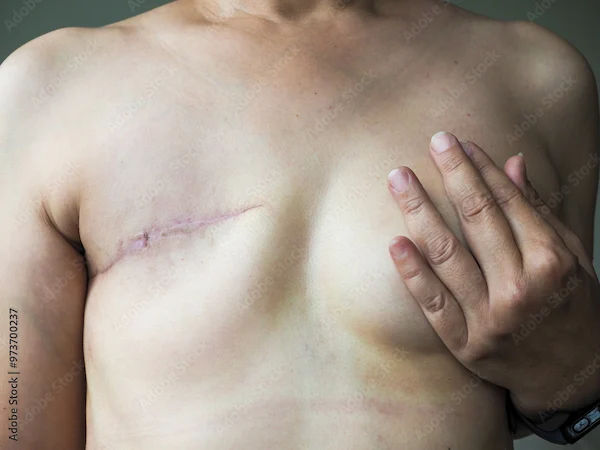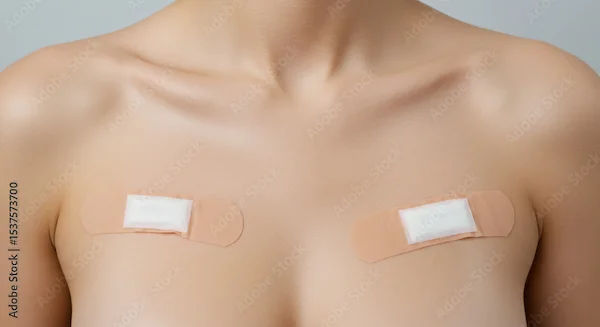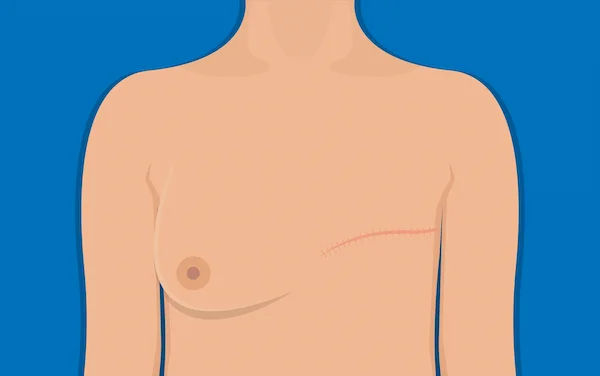Are Pectoral Muscles Removed During Mastectomy?
Find out whether pectoral muscles are removed during a mastectomy, the reasons behind it, and how it impacts recovery. Understand the surgical process and what to expect.

Written by Dr.Sonia Bhatt
Last updated on 14th Jul, 2025

Introduction
A mastectomy is a surgical procedure to remove one or both breasts, usually as part of breast cancer treatment. Many patients wonder whether the pectoral muscles (the chest muscles beneath the breast) are also removed during this surgery. The answer depends on the type of mastectomy performed.
Understanding Mastectomy and Pectoral Muscles
The pectoral muscles consist of two main muscles: the pectoralis major and pectoralis minor. These muscles help in arm and shoulder movements. In most modern mastectomies, surgeons aim to preserve these muscles unless absolutely necessary for cancer removal.
Types of mastectomy and muscle involvement:
1. Simple (Total) Mastectomy: Only the breast tissue, nipple, and areola are removed. The pectoral muscles remain intact.
2. Modified Radical Mastectomy: The breast tissue, lymph nodes, and sometimes a part of the pectoralis minor muscle are removed, but the pectoralis major is preserved.
3. Radical Mastectomy (Rarely Used Today): This older procedure removed the breast, lymph nodes, and both pectoral muscles. It is now uncommon due to less invasive and equally effective alternatives.
4. Skin-Sparing or Nipple-Sparing Mastectomy: These newer techniques preserve most of the skin (and sometimes the nipple) while removing breast tissue, keeping the pectoral muscles untouched.
Why Are Pectoral Muscles Usually Preserved?
Reasons why pectoral muscles are usually preserved are:
Better Recovery & Function: Keeping the muscles helps maintain arm and shoulder strength.
Improved Cosmetic Results: Preserving muscles allows for better breast reconstruction outcomes.
Reduced Complications: Less risk of long-term pain and mobility issues.
When Might Pectoral Muscles Be Removed?
In rare cases, if cancer has spread deeply into the chest wall muscles, a surgeon may need to remove part or all of the pectoral muscles to ensure complete cancer removal. However, this is not common with early-stage breast cancer.
Recovery and Rehabilitation
Recovery and rehabilitation includes:
1. If your pectoral muscles are preserved:
You may experience mild soreness but can regain full strength with physical therapy.
Gentle exercises can help restore mobility.
2. If muscles are partially or fully removed:
Rehabilitation is crucial to regain arm function.
A physical therapist can guide you through exercises to strengthen surrounding muscles.
Tips for Post-Surgery Care
Tips for post-mastectomy surgery care are:
Follow Your Surgeon’s Advice: Avoid heavy lifting initially.
Physical Therapy: Helps restore movement and strength.
Pain Management: Use prescribed medications and gentle stretches.
Emotional Support: Seek counselling or support groups if needed.
When to Consult a Doctor?
If you experience:
Severe pain or swelling
Difficulty moving your arm
Signs of infection (redness, fever)
Conclusion
Most mastectomies today preserve the pectoral muscles, ensuring better recovery and quality of life. If you have concerns about your surgery, discuss them with your doctor to understand the best approach for your condition.
Consult Top Breast Surgeon
Consult Top Breast Surgeon

Dr. Jayanti Thumsi
Breast Surgeon
21 Years • MBBS,MS,Clinical Attachment
Bengaluru
Apollo Hospitals Bannerghatta Road, Bengaluru
(200+ Patients)

Dr. Jayanti Thumsi
Breast Surgeon
21 Years • MBBS,MS,Clinical Attachment
Bengaluru
Apollo Hospitals Sheshadripuram, Bengaluru

Dr. Ashwini R K
Breast Surgeon
5 Years • MBBS, MS(General Surgery), FMAS, Fellowship in Breast Cancer
Bengaluru
Apollo Cancer Centres, Electronic City, Bengaluru
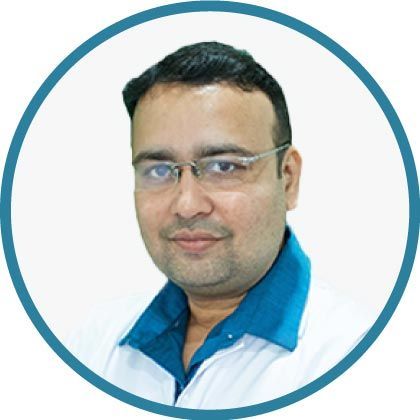
Dr. Amit Choraria
Surgical Oncologist
18 Years • MBBS, MS (Surgery) Fellow, Surgical Oncology, Tata Medical Center (FSO) Fellow, European Board of Surgery (Surgical Oncology) (FEBS) Fellow, Minimal Access Surgery (FMAS) Fellow, Indian Association of Gastrointestinal Endosurgeons (FIAGES) UICC Fellow, Royal Marsden NHS, London, UK Visiting Scholar, Plastic Reconstructive Surgery, CGMH, Taiwan Fellow, Robotic Surgical Oncology, Vattikuti Foundation, USA
Kolkata
Apollo Multispeciality Hospitals , Kolkata, Kolkata
(50+ Patients)
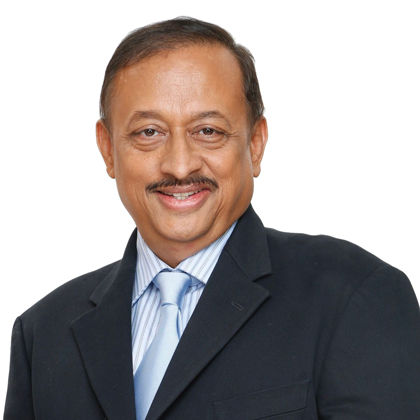
Dr. Anup Dhir
Plastic Surgeon
38 Years • MBBS, MS, MCh (Plastic & Reconstructive Surg.), FECSM
Delhi
Apollo Hospitals Indraprastha, Delhi


